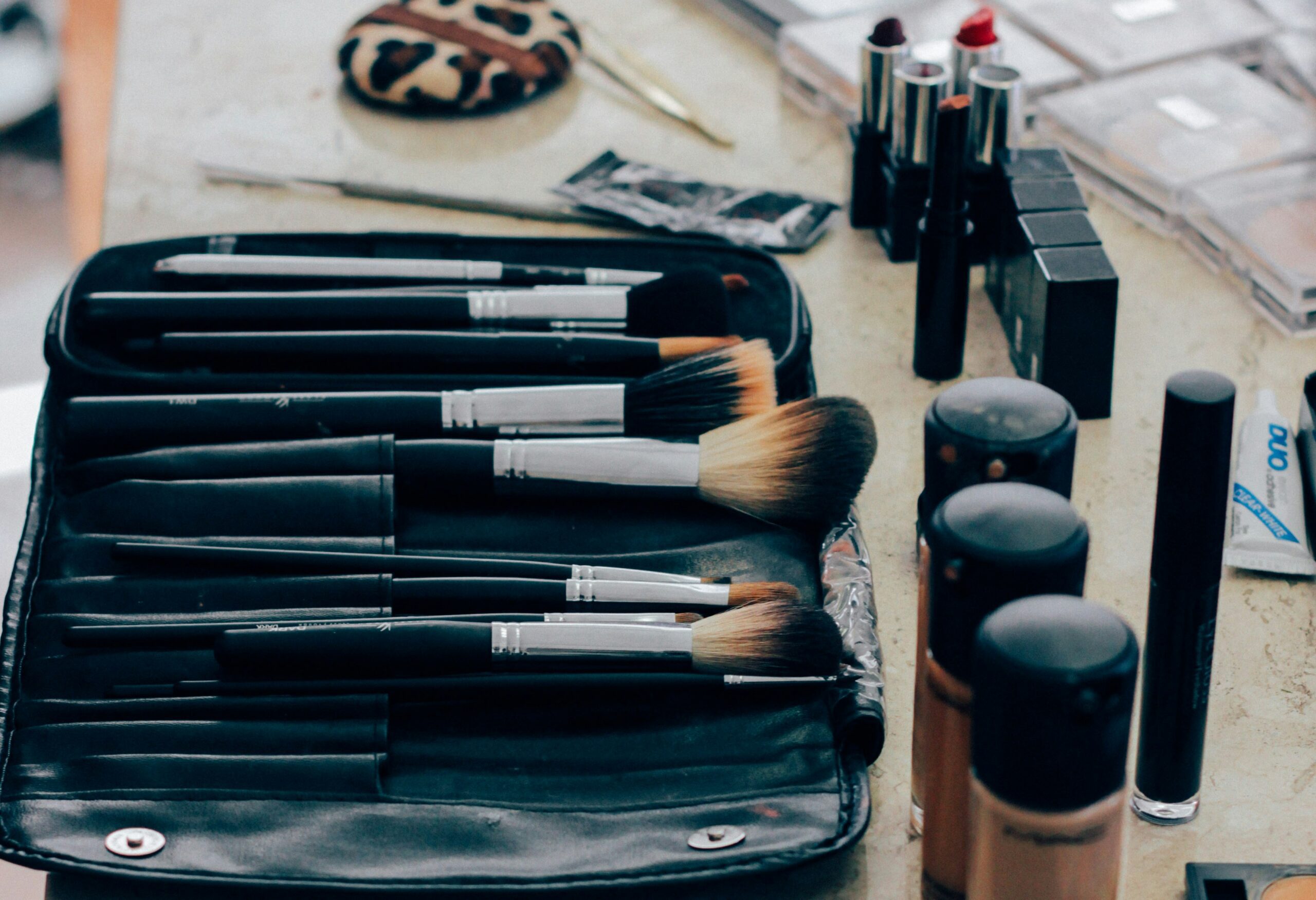

Introduction to Beauty Filters
In a world where selfies and social media reign supreme, beauty filters have become the norm. With just a swipe, young girls can transform their appearance, smoothing out imperfections and enhancing features to fit an idealized standard of beauty. While these tools can be fun and playful, they also carry significant implications for how young girls perceive themselves. As the lines between reality and filtered perfection blur, it’s vital to explore what this means for today’s youth. The digital age is reshaping self-image in ways we may not fully comprehend yet. Let’s dive into this phenomenon and uncover its impact on our future generations.
The Impact on Young Girls’ Self-Image
Beauty filters can warp the way young girls perceive themselves. When they see flawless skin and perfect features, it sets a standard that feels unattainable.
Many girls start to compare their real faces with these filtered versions. This comparison often leads to feelings of inadequacy and self-doubt.
The constant exposure to idealized images creates pressure. It fosters a belief that beauty is only skin deep, defined by unrealistic standards set by social media influencers.
As more girls engage with these digital enhancements, their self-esteem may dip further. They might feel the need to conform rather than embrace their unique qualities.
This cycle of comparison can make it difficult for them to appreciate their true selves. Instead of celebrating individuality, many are left chasing an illusion crafted through pixels and algorithms.
How Social Media Contributes to the Use of Beauty Filters
Social media platforms have become the playground for beauty filters. Apps like Instagram and Snapchat offer a plethora of options to enhance one’s appearance with just a tap. Young girls are often drawn to these tools, seeking validation through likes and comments.
The pressure to conform to idealized standards of beauty is immense. When every post showcases flawless skin or perfect features, it creates an unspoken expectation that young users feel compelled to meet.
These filters blur the line between reality and fantasy. Instead of celebrating individual uniqueness, they promote a narrow definition of beauty that can be damaging over time.
Moreover, influencers frequently use these enhancements in their content. Their millions of followers see filtered perfection as the norm, inadvertently pushing more young girls towards adopting similar practices in their online presence.
The Psychological Effects of Beauty Filters on Young Girls
Beauty filters create an illusion that can be hard to escape. Young girls often see these images and begin to associate them with beauty. This sets unrealistic standards.
The constant exposure leads to comparisons. Girls might look at their unfiltered selves and feel inadequate. The filter becomes a benchmark of worthiness, distorting their perception of beauty.
Such disparities can result in anxiety and depression. When virtual perfection clashes with reality, it creates internal conflict. Many find themselves striving for something unattainable.
Additionally, reliance on these filters diminishes self-acceptance. Instead of celebrating uniqueness, they may hide behind a mask of pixels and edits.
This psychological toll is profound yet subtle—compounding the pressures already faced during formative years. It’s crucial to recognize how deeply ingrained these perceptions can become over time.
The Negative Impact on Body Image and Self-Esteem
Beauty filters can warp reality, creating an ideal that often feels unattainable. Young girls see these altered images and begin to compare themselves against a digital standard. This constant comparison can lead to feelings of inadequacy.
Many may not even realize how much they are affected. The more time spent scrolling through curated feeds, the deeper the impact on self-perception becomes. Instead of feeling empowered by their uniqueness, they might feel pressured to conform.
As a result, body image issues surface more frequently than ever before. Girls start believing that only filtered versions of themselves are worthy or beautiful. Their natural features take a backseat while unrealistic expectations drive their thoughts and actions.
This shift doesn’t just affect how they view themselves; it also influences their interactions with others and even shapes future aspirations. It’s essential to recognize this growing trend for what it is — a barrier to authentic self-acceptance.
Steps to Promote a Healthy Body Image in Young Girls
Encouraging open conversations about beauty and self-worth is essential. Create a safe space where young girls can express their feelings without judgment. Listening actively helps them feel validated.
Model positive behavior around body image. Show that confidence comes from within, not just appearance. Celebrate achievements unrelated to looks, like skills or kindness.
Introduce media literacy early on. Teach them to critically analyze images and understand the role of editing and filters in social media posts. This knowledge empowers them to differentiate between reality and digital enhancements.
Promote diverse representations of beauty through books, movies, and magazines. Highlighting various shapes, sizes, and colors fosters appreciation for all forms of beauty.
Encourage activities that boost self-esteem beyond appearance—sports, arts, or engaging hobbies nurture inner strength. When they focus on what makes them unique rather than conforming to trends, they build resilience against societal pressures surrounding beauty standards.
Conclusion: Embracing Natural Beauty
The conversation around beauty filters is more important than ever. Young girls are bombarded with images that often distort reality, creating unattainable standards of beauty. This relentless exposure can lead them to question their own worth and appearance.
Encouraging a shift towards embracing natural beauty rather than filtered perfection fosters self-acceptance. By highlighting the uniqueness in each individual, we can help young girls appreciate their authentic selves.
Support from parents, educators, and peers plays a vital role in reshaping perceptions of beauty. Celebrating diverse body types and features reinforces the idea that everyone is beautiful in their own way.
It’s essential to create environments where young girls feel valued for who they are inside rather than how they look outside. Together, we can cultivate confidence and resilience among the younger generation—helping them understand that true beauty lies within authenticity.
